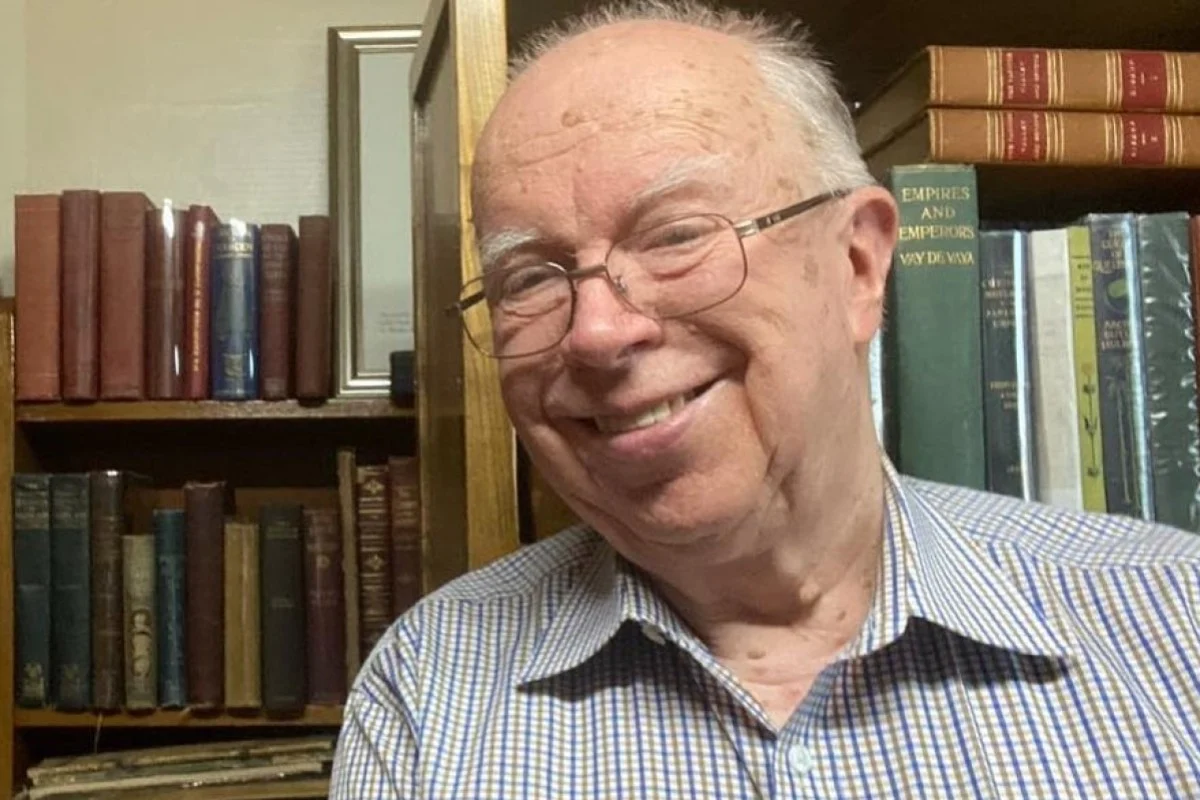In his workspace near Sogang University in Seoul, Brother Anthony, an 82-year-old British-born translator, reflects on his decades-long journey in Korean literature. A naturalized South Korean citizen, Brother Anthony, known in Korea as An Son-jae, has dedicated much of his life to translating Korean poetry and novels, bridging the gap between Korean and English-speaking audiences. A former professor at Sogang University and member of the Taizé monastic community in France, he began his journey in Korea in 1980 and soon became one of the first foreigners to translate Korean literature.
Brother Anthony’s efforts are receiving renewed recognition following Han Kang’s recent Nobel Prize in Literature. Reflecting on the Nobel’s impact, he notes that while the prize is a significant honor, it often places a singular focus on one writer among thousands worldwide. “How can anyone pick one author to spotlight among so many talented voices?” he wonders, expressing concern over the intense spotlight and sudden fame the Nobel brings.
With his extensive experience as a judge for translation awards and his reputation in literary circles, Brother Anthony recognizes how challenging it is to translate Korean poetry for English-speaking readers. “Korean poetry reflects a uniquely Korean relationship with language, shaped by deep cultural and historical trauma,” he explains. This cultural layer makes the translation process complex, as he strives to preserve the emotional weight of Korean expression. He observes that older Koreans, who remember their nation’s turbulent history, may find solace in art that evokes “heung (joy) in han (regret),” a deeply embedded sentiment in Korean identity.
Having translated works by prominent poets like Ko Un, Yi Mun-yeol, and Kim Yong-taek, he encourages emerging Korean authors to create works that are both sincere and accessible. “There must be beauty in the narrative or writing style,” he says, emphasizing that authentic voices in literature will naturally attract translators and international readers.
As interest in Korean culture grows globally, driven by K-pop and K-dramas, Brother Anthony sees a rising demand for Korean fiction, making his translations more impactful. Next year, he will publish translations of Korean poets Song Kyung-dong and Jeong Ho-seung in the United States, and he plans to start work on Na Tae-joo’s poetry soon. He describes a successful translation as one that feels natural, where readers don’t perceive it as a translation but as an original work in English. “Koreans emphasize faithfulness to the original text,” he notes, “but readability is what truly matters.”
Brother Anthony’s work continues to open doors for Korean literature, helping it gain the recognition it deserves on the world stage.
READ MORE:
